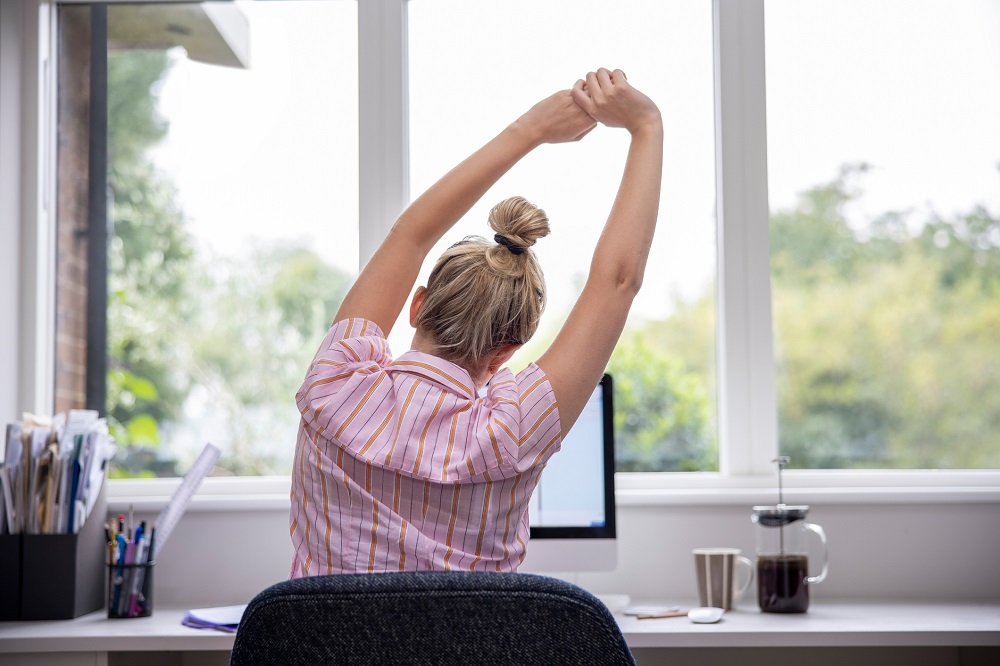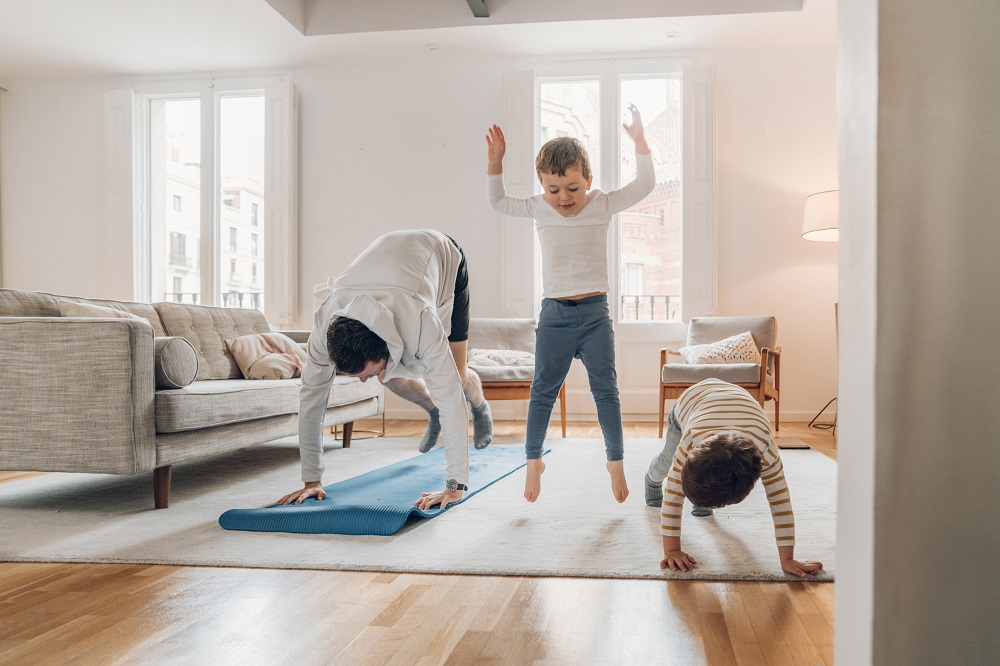
The life-saving impact of moving.
Even small bursts of activity can hugely improve your health, your wellbeing, and your quality of life.
A Sport England study found that, throughout lockdown, activity levels for both adults and children dropped dramatically.
Yet as The Guardian’s political correspondent Peter Walker recently pointed out, this fall in activity was just the latest phase of an ongoing crisis.
“Even in normal times,” he wrote, “about 40% of British adults are so immobile they risk their long-term health. Around 25% are almost completely inactive, meaning they exert themselves for less than 30 minutes a week.”
This lack of activity, he argues, has fatal consequences: “In non-Covid times, ill health from long-term inactivity contributes to around 100,000 UK deaths a year, and around 5 million globally.”
Move More, Live Better
For Walker, this drop in activity is only partially due to a lack of sport and physical activity options during lockdown. Instead, he argues, because so many of us are working from home, we’re missing out on lots of essential “incidental activity”. In short, when we leave the house to go to work, we tend to move more than we do when we work from home.
When it comes to physical activity, doing something is almost always better than doing nothing. Walker has some tips for moving more when working from home:
- Improvise a standing desk. A pile of books is all it takes to help you to work standing up.
- Don’t sit still for too long. Set an alarm to go off every 45 minutes. And when it goes off, stand up and march around.
- If you can, go for a walk. It doesn’t have to be too far, or for too long. Walker refers to a 2019 study that highlights the health benefits that just 10 minutes of walking can bring.

Fighting the Ongoing Pandemic of Inactivity
Once the government lifts lockdown restrictions, we can all look forward to a more active life.
For some of us, this will mean we’ll be able to return to our gyms, our sports club, and our other activity providers. But as Walker points out, not everyone’s interested in structured physical activity, and not all of us have the time or the resources to dedicate to sport and activity.
And yet, we must all move more.
“So when normality comes,” asks Walker, “what kind of movement should you focus on?”
His suggestion: “Use your body in a way familiar to humans over the millennia, as part of your life, not a hobby or fad. If you somehow make movement routine, it embeds, becomes permanent. When that happens, it feels almost as if you have been let in on a secret.”
